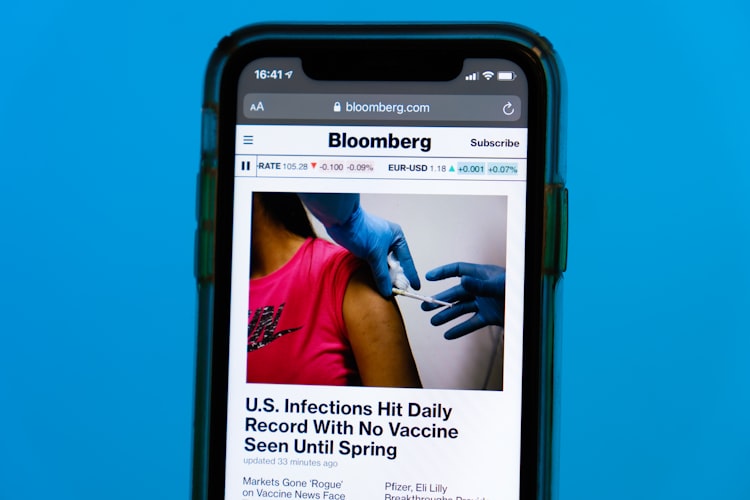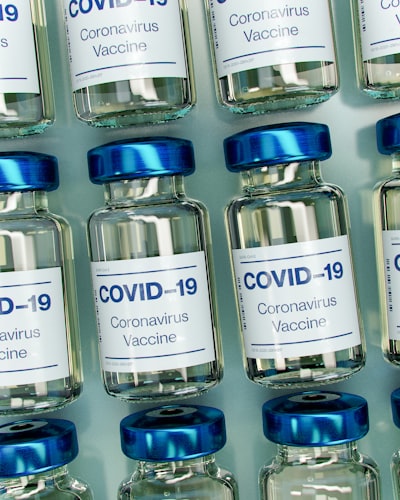The recent approval and rollout of COVID-19 vaccines have given newfound optimism that the prolonged health, social, and economic effects of the pandemic may finally be coming to an end. However, while the vaccines have proven to be highly effective in preventing serious complications from COVID-19, the need for wearing masks, washing hands, and practicing social distancing remains in full effect.
As much as many of us would like to put the coronavirus and its life-altering disruptions completely behind us as we enter 2021, it is clear that certain precautions will need to remain a part of life for some time to come.
An Extended Rollout

The first reason COVID-19 precautions are still essential is that the vaccine isn’t getting distributed all at once. The initial wave of vaccines is going to health care workers, nursing home residents, and first responders, before it will be distributed to other population groups in phases. Higher risk groups will receive the vaccination first.
Further complicating matters is the fact that the two vaccines that have received emergency use authorization are two-dose vaccines. This means that in order to vaccinate 200 million people, 400 million doses would need to be administered. As of December 28, 2020, less than 2 million doses had been administered in the United States.
It is unclear exactly how long it will take for COVID-19 vaccines to be completely distributed throughout the country, especially with different states having different timelines for distribution. It will likely be several months before the entire population has access to the vaccine.
In addition, despite approval from the FDA, many people are concerned about the safety of the new vaccines. It may take some time for skeptics to feel comfortable taking the vaccine.
Vaccine Knowns and Unknowns

Another important thing to keep in mind is that while the vaccines have been proven effective at helping people avoid serious side effects of COVID-19, their ability to stop the spread is still undetermined.
As George Washington University School of Medicine and Health Sciences professor Jeffrey Bethony explains in an interview with Popular Science, “It would not be so far-fetched to have a vaccine that protects you from developing the worst COVID disease, but you could be infected and you could be spreading it [without] getting really sick. There is hope that they prevent transmission, but we simply don’t know enough about them yet.”
A big part of the problem comes because of the high percentage of COVID-19 patients who are completely asymptomatic. Other vaccines have been known to still allow pathogens to reproduce inside the body without making the infected person get sick. While many vaccines have been found to help prevent the spread of disease, this isn’t always the case.
Early research has been primarily focused on keeping vaccinated patients from experiencing severe outcomes from COVID-19. While some analyses have been performed to see if the vaccine can also prevent asymptomatic infections, this is still not known for certain.
Speaking of the need for continued precautions, Susanna Naggie of the Duke University School of Medicine told Popular Science, “We are just getting access to the vaccine and so for some months to come…we probably are still looking at questions about the role of the vaccine in transmission and the need to continue all these public health measures. For the time being, until we have adequate immunity in our communities and until we know better about transmission, the answer is yes.”
Stick With the Basics

Because there are still many unknowns regarding the COVID-19 vaccines, and it will still be some time before most people can receive the vaccine anyway, it is essential that everyone continue to practice the precautions that have been recommended for months.
You’ve likely heard these admonitions ad nauseam, yet with case numbers surging in many parts of the country, they bear repeating. Wear a face mask in public. Wash your hands frequently. Wipe down high-touch surfaces in the home. Avoid social gatherings with people from outside your own household.
Such precautions are especially important for individuals with sleep apnea and other conditions that put them at higher risk for serious COVID-19 complications. These things may not be convenient or enjoyable, but they are a small sacrifice to make.
While work or other obligations may require you to leave the home more often than you’d like, following these basic guidelines will go a long way in helping you reduce your risk of getting sick. They also reduce the likelihood of you spreading the disease to someone else. Asymptomatic spread has continually proven to be a major problem in controlling the pandemic. Even if you feel fine, you could expose someone else who is at higher risk if you aren’t careful.
Stay Healthy
For the time being, everyone needs to continue doing their part to stop the spread. Taking basic precautions will protect yourself and others who may be at high risk.
Help Medical Supplies has many of the items you need, including our N95 Personal Protection Kit so you can stay safe and do your part to stop the spread. Of course, we continue to sell the CPAP machines and supplies that help address the needs of sleep apnea patients — a group that is known to be at greater risk of COVID-19 complications.
The COVID-19 vaccines are a step in the right direction. Until more of the population has been vaccinated, however, everyone should keep wearing masks.

